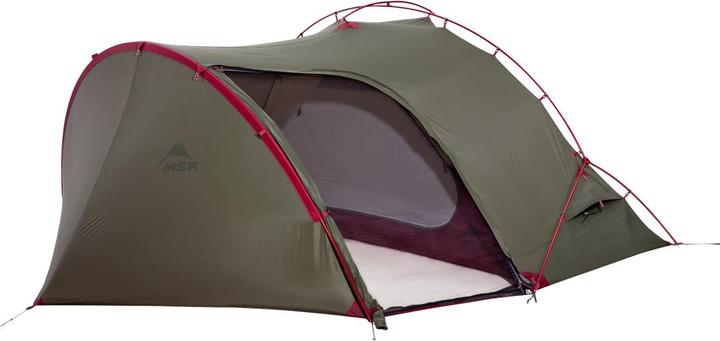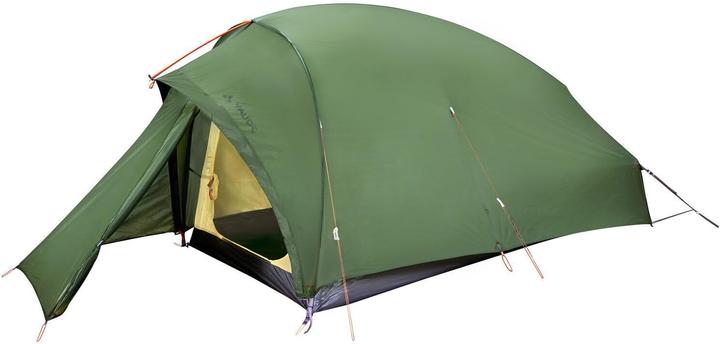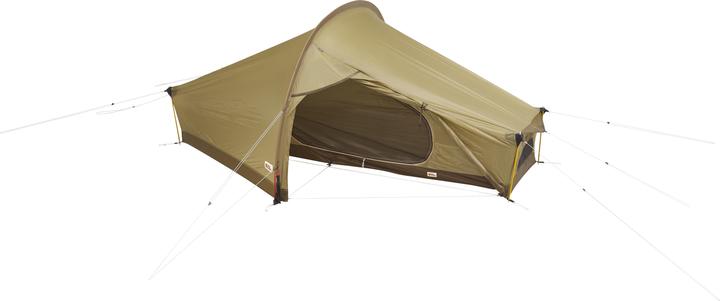
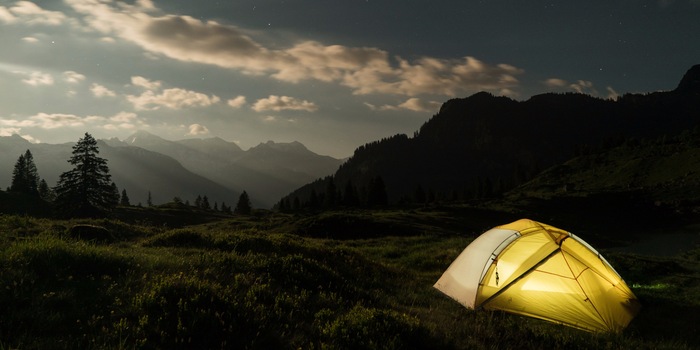
Survival Guide: Spending the night in nature
You should organise your accommodation before you get your water supply. You can build a temporary shelter yourself, but a tent is better. But where can I pitch it in Switzerland?
In my opinion, there's nothing better than spending the night under the open sky in clear weather. However, to protect yourself against wind and rain, it is advisable to have a tent with you. A wet place to sleep is anything but fun. The next day won't be very pleasant either. But what criteria should I use to choose my tent? What do I need to look out for and which one suits my needs? Together with Gion Saluz, I went into the forest with a tent under my arm. Thanks to his years of experience as a survival trainer, he knows exactly what is important when it comes to a tent. He was able to give me valuable tips on spending the night in the great outdoors and explained the best places to set up camp. I was joined by video producer Manuel Wenk, who captured the whole thing on video for you and took the photos for the article.
Where do I set up camp?
In addition to having a dry roof over your head, choosing the right place to spend the night can also be crucial for a good night's sleep.
Make sure that you don't set up camp right next to a torrent. In the event of heavy rain, the water level of the stream may rise within minutes. There is also the possibility that a hydroelectric power station is nearby and the small stream could quickly turn into a raging river when the water is released.
I would also avoid depressions in the terrain. Temperature differences of three to four degrees can easily occur in such hollows. You should also take great care under trees. Make sure there are no dead branches hanging in the tree. Even in light winds, these can fall down and damage your tent or injure you. The same applies to falling stones under a cliff edge. Such falling rocks can be caused by the wind, animals or even mountaineers. You should also avoid pitching your tent on the summit during thunderstorms. Due to the exposed location, you are unprotected against lightning strikes.
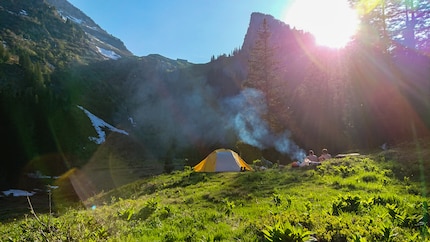
Wild camping in Switzerland
It is important to know that wild camping is not permitted everywhere in Switzerland. Here is a summary of where you are allowed to camp in the wild in Switzerland and in which regions it is prohibited, taken from a leaflet published by the Swiss Alpine Club (SAC). You can download the SAC information sheet here.
Unsafe
Unsafe places to pitch your tent are alpine meadows above the tree line. As long as you are a manageable number of people and are not setting up camp for a whole week, you can camp in these areas without any major problems. However, be considerate of nature and its inhabitants. Avoid making a lot of noise so as not to disturb the wild animals in their familiar surroundings. Don't leave anything behind at your overnight location either.
With special consideration
You must show special consideration on private property. In these cases, always ask the owner or farmer for permission. If you ask them nicely, you will be tolerated in most cases. Consideration for nature also applies here. Don't leave anything behind, because you can take back what you were able to carry in your rucksack.
Another option is to spend the night near mountain huts. However, always ask the hut warden for permission. You may also be able to negotiate a fee with them to use their toilets or gain access to drinking water.
Prohibited
Camping is expressly prohibited in protected areas. Failure to comply with these prohibitions can result in horrendous fines. For the sake of both your wallet and the environment, you should not camp in the following areas:
- Swiss National Park
- Federal hunting ban areas (game reserves)
- Many nature reserves
- Wildlife rest areas (during the protection period)
In addition, individual cantons or even municipalities may have additional regulations on camping in nature. Therefore, always check with the relevant authorities before you spend the night to find out what is and is not permitted.
Lightweight or rather more space?
When choosing a tent, you need to be aware of your needs. Above all, it is important that you know how much space you need and for which activity you will have your tent with you. If you have a lot of luggage with you, it's worth looking for a slightly larger tent. However, if you are travelling a lot on foot, weight is the most important factor. I can recommend the following products:
